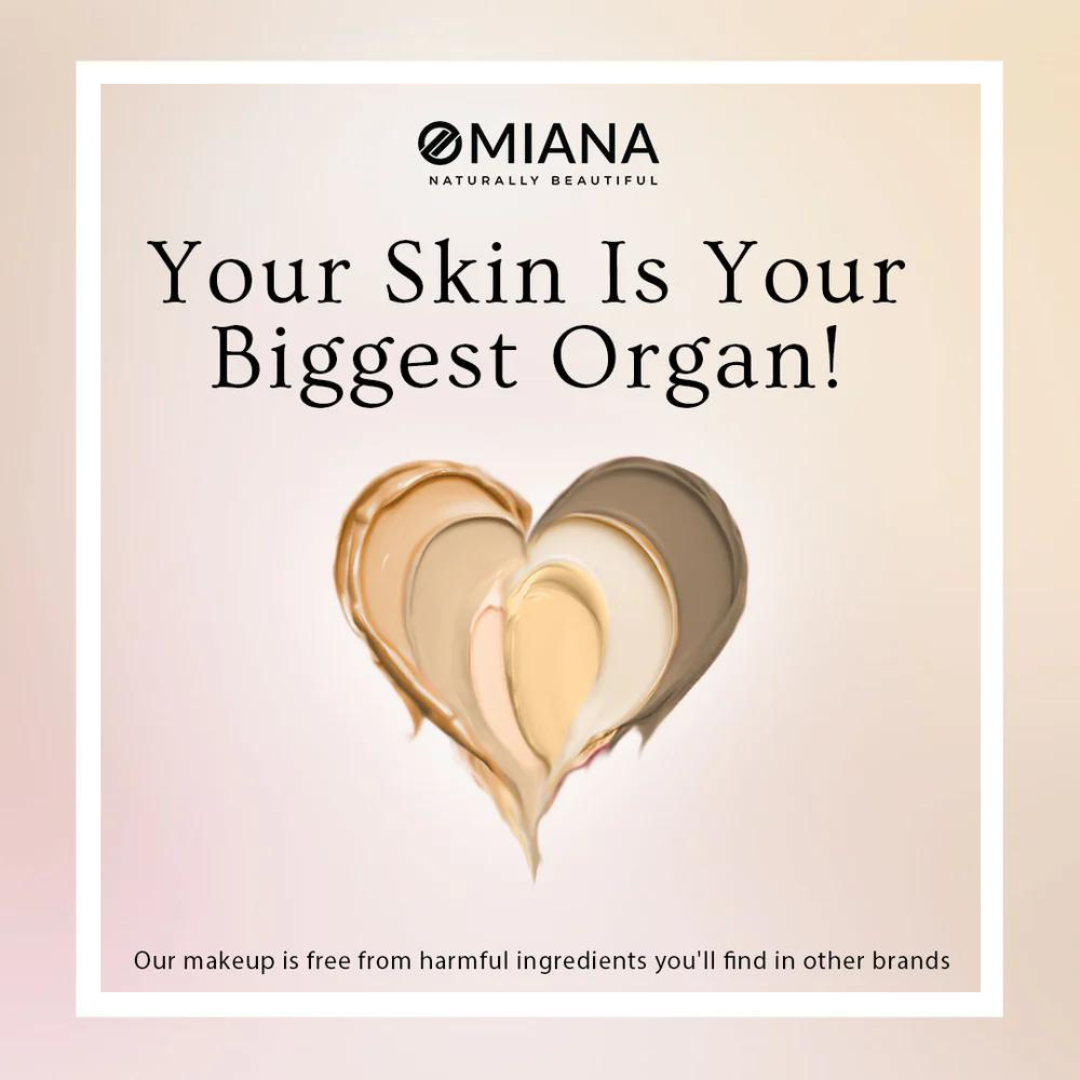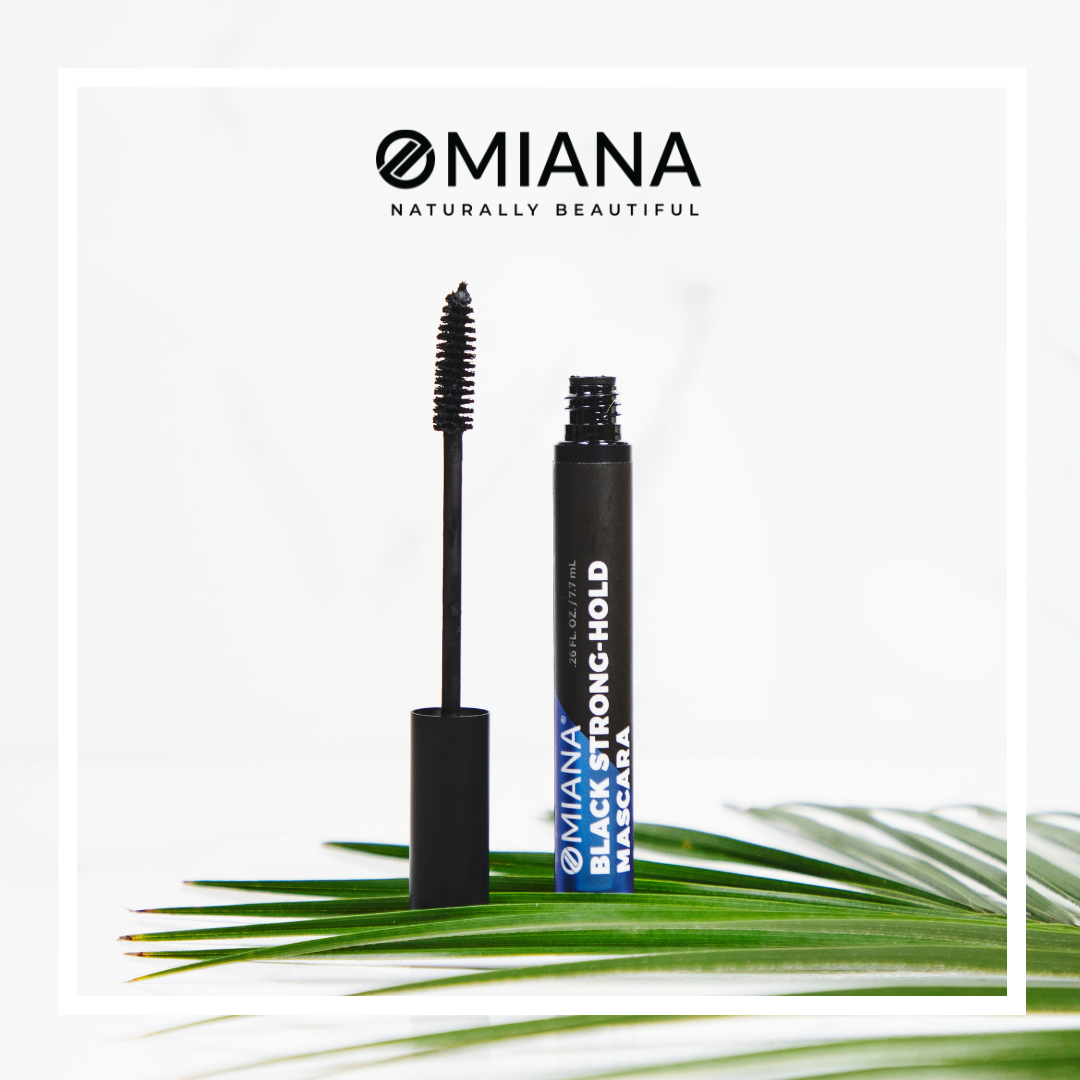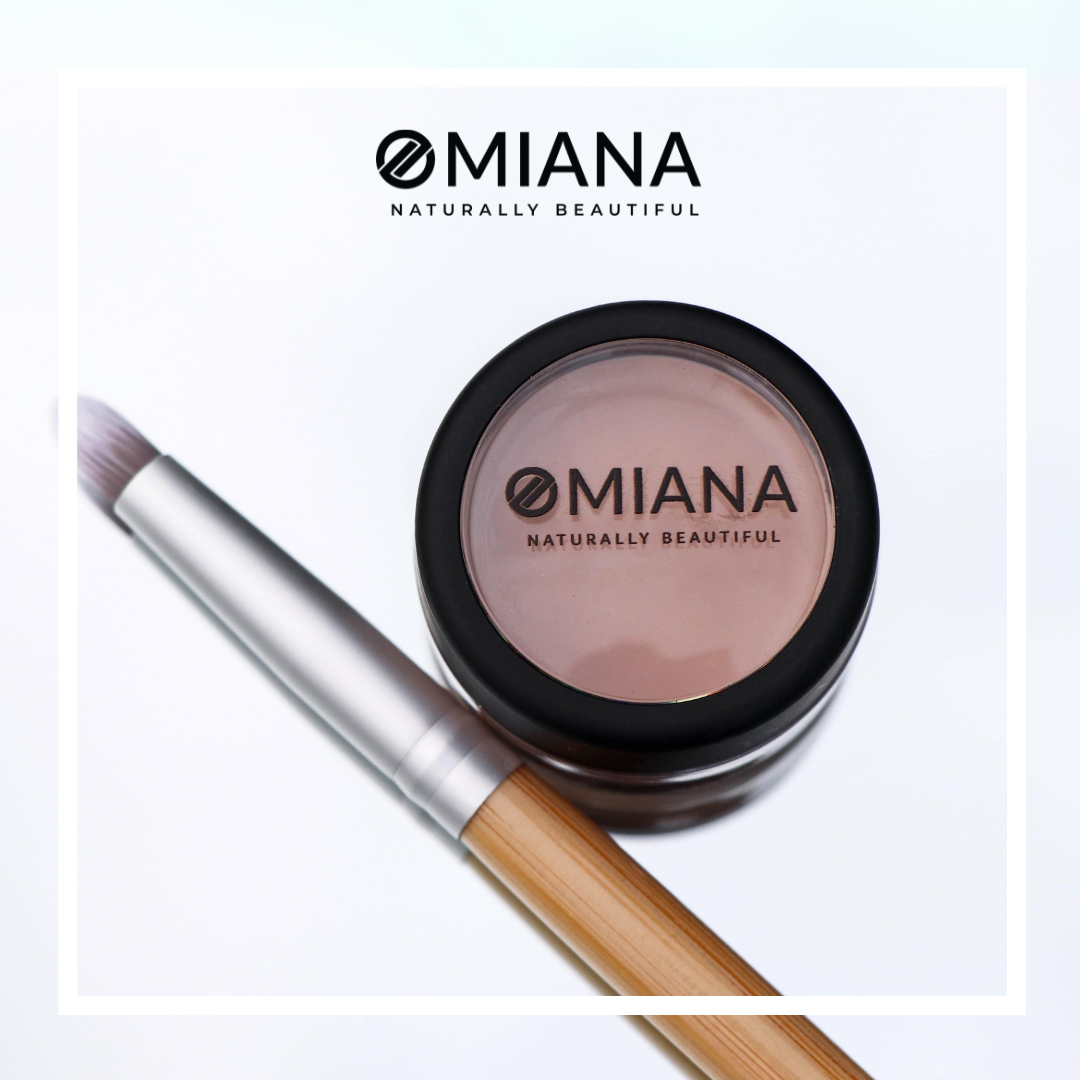Organic Beauty Brands or "Organic" Beauty Brands?

Miche Klammer | 6 minute read
When a beauty product says "organic," what does that mean?
Organic applies to relevant agriculturally produced ingredients grown and processed with regulations regarding soil purity, pesticides, and additives. At the heart of organic is the reliance on chemical-free-based farming and production. A legitimately certified organic product bears the certifying agent of the final product on the ingredients panel.
Are there standards for having an "organic" label on a beauty product?"
To paraphrase, the FDA is not an official organic certifying agency; the NOP under USDA is the go-to for all things organic. They're the agency with the break-down on labeling criteria. The overarching regulator of this term and its critical implications is the National Organic Program: Products labeled as "100% organic" must contain only organically produced ingredients and processing aids, excluding water and salt. No other ingredients or additives are permitted. Products labeled "organic" must contain at least 95 percent organically produced ingredients (excluding water and salt). Any remaining ingredients must consist of non-agricultural substances that appear on the NOP National List of Allowed and Prohibited Substances.
In a nutshell, if something is labeled "100%" organic and implies the entire product is organic, every last ingredient must be organic, except water and salt.
Similarly but slightly less stringent, if something is labeled as organic (not one hundred percent, though), at least 95 percent of the ingredients must be produced in an organic manner, excluding salt and water; this allows for up to five percent 'other' ingredients, which can range from minerals to preservatives, fragrance, and additives.
Formulas that are either 100% organic or organic are to show the percentage break-down of their organic ingredients on the ingredients deck.
Beyond "100% organic" and "organic," there is one more legitimate organic claim: contains organic ingredients. This claim entails a product containing at least 70 percent organic ingredients.
Organic titles summarized.
- 100% Organic - every last ingredient must be organic.
- Organic - at least 95 percent of the ingredients must be produced in an organic manner, excluding salt and water.
- Contains Organic Ingredients - at least 70 percent organic ingredients.
Formulas touting "100% organic" and "organic" need to be certified organic. Formulas with less than 70 percent organic ingredients cannot identify as "organic" but are allowed to specify which ingredients are organically produced by denoting them on the ingredients panel. That's when you may see an ingredients list with asterisks next to specific ingredients and then at the end "*certified organic" to show all the ingredients that individually are produced organically.
What ingredients cannot be labeled as organic?
Inorganic minerals from the earth or lab-made components are not organic and can not be certified as organic. Non-agricultural based ingredients such as bentonite clay, water, or synthetically produced iron oxides do not meet the fundamental requirement for organic labeling.
How does Omiana label? Is Omiana "100% organic" or "organic"?
Omiana does the latter, denoting which raw ingredients are organic and not making broad claims. We only use the highest quality ingredients and ensure they are explicitly stated on our ingredient lists. Transparency is critical, so you know what you are putting on your skin. Our luxurious ingredients naturally scent the products—100% free from artificial fragrances, synthetic scents, or perfumes. We never use GMOs, fillers, artificial colors, synthetic chemicals, or other toxins. No corners are cut to save cost, no inexpensive fillers to water them down.
Click here to view all the natural beauty products from Omiana!



